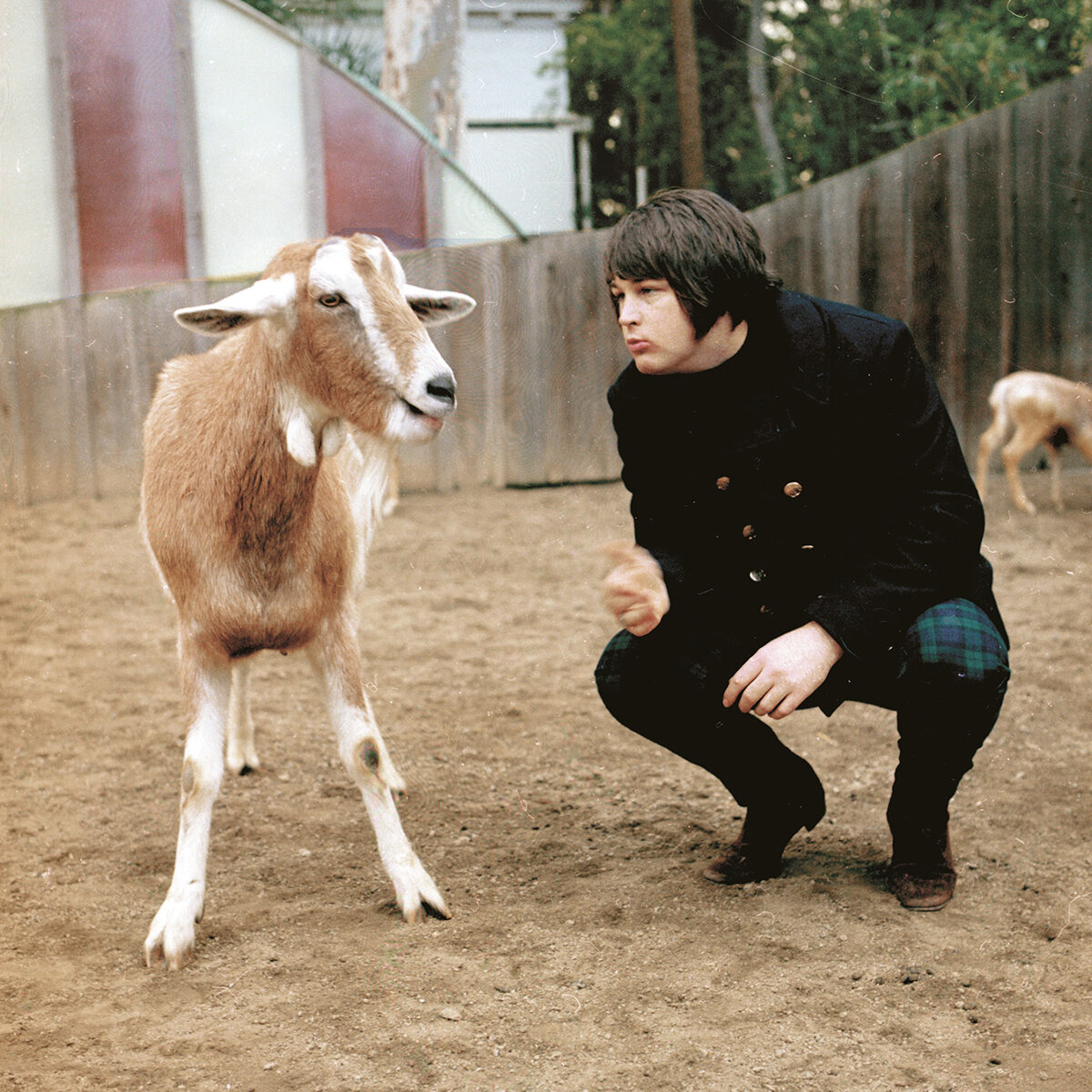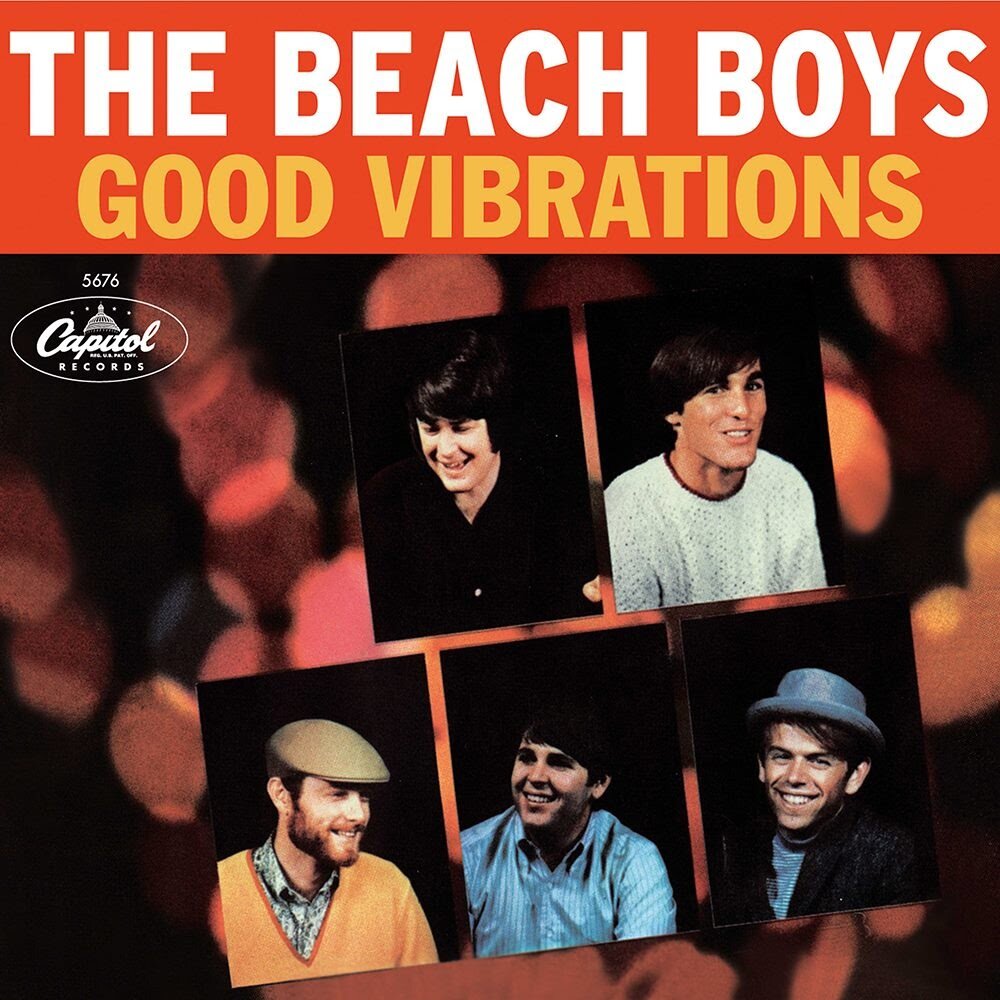Pet Sounds
“I love the whole Pet Sounds record. I got a full vision out of it in the studio. After that, I said to myself that I had completed the greatest album I will ever produce. I knew it. It was a spiritual record. I wanted to grow musically, to expand our horizons and do something that people would love, and I did it.”
Before Pet Sounds, rock existed in the declarative, the shouting of the succinct: The Beatles wanted to hold this, the Stones couldn’t get that, the Kinks wanted you then. Even the Beach Boys were content to party there, ankles in the surf, harmonizing salt-flecked snapshots of the Southern California idyll. But on the group’s 11th album, Brian Wilson turned his attention inward, to ask questions without clear answers—and, along the way, invented the modern pop auteur.
Pet Sounds is an album of grand, immediate pleasures: rhapsodic falsettos, deep melodies elated by strings and brass, blips of bike horns and barking dogs. But it also bows to a central humility—the unknowability of love—and in doing so, reaches grace. To other bands, affairs were prizes won and lost, the products of obvious motives and crisp faults. But here, Wilson writes in the wistful, patient meditations of the perennial outsider; he has no explanations on how romance endures, or why it leaves, or where innocence is lost. Whether marveling over his wife’s fidelity in “You Still Believe in Me,” or bidding goodbye to his heart’s ideal on “Caroline, No,” he is wide-eyed. In “God Only Knows,” the most beautiful pop song of the ’60s, Brian and lyricist Tony Asher direct cherubic vocalist Carl Wilson to be helpless with awe, alighting on a willfully unromantic suggestion—that love is a sustained choice, after it’s a lightning bolt—inside a melody so sublime it becomes a sonnet. None of this is delivered in absolutes; Wilson’s most confident resolution on the album is that he doesn’t fit in, that he “just wasn’t made for these times.”
He was ahead of them, while channeling centuries before. On Pet Sounds, Wilson introduces many tropes now central to pop music: the lone savant who conducts the band and the recording studio; the pensive observer, too gentle for this world; and the song cycle, a succession of tracks with entwined emotional and musical motifs. It’s no accident these are contemporary updates on classical composers, like Wilson’s beloved Gershwin and Bach. Here, as producer and arranger, he coaxes in elements of their symphonies—plus exotica, baroque, calypso, and a funhouse of eccentric instruments—electronically stacking it all into a roiling wave of sound, topped with the most spiritual and psychedelic harmonies the Beach Boys would ever swoon. Today, Wilson continues to speak to the romantic in every listener, in the radiant spaces between what is known.
– Stacey Anderson, Pitchfork
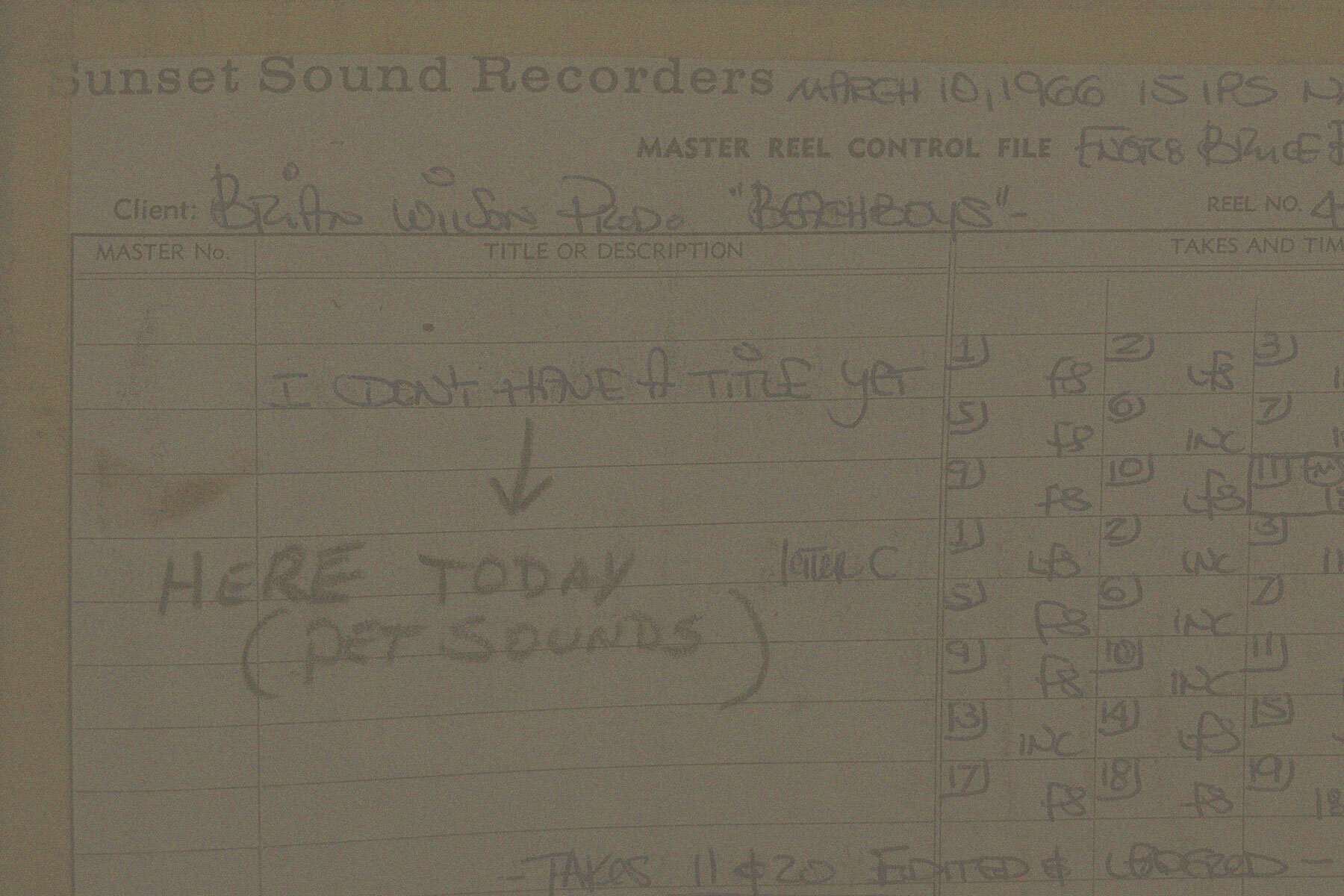
Pet Sounds Tracking Session
February 11, 1966 – Western Recorders, Los Angeles CA. Working with Engineer Chuck Britz, Brian recorded eight vocal insert overdubs for the track “Don’t Talk (Put Your Head On My Shoulder).” Following is a video demonstrating Brian’s recording process. Note that these harmonies didn’t appear on the final track.

The Beach Boys On Pet Sounds
BRIAN WILSON
MIKE LOVE
AL JARDINE
BRUCE JOHNSTON
In the Summer of 2006, Brian, Mike, Al and Bruce talked about the songs on Pet Sounds for Capitol Records’ Pet Sounds 40th Anniversary Podcast Series. In these original interviews, the surviving band members give insight into the making of the tracks.
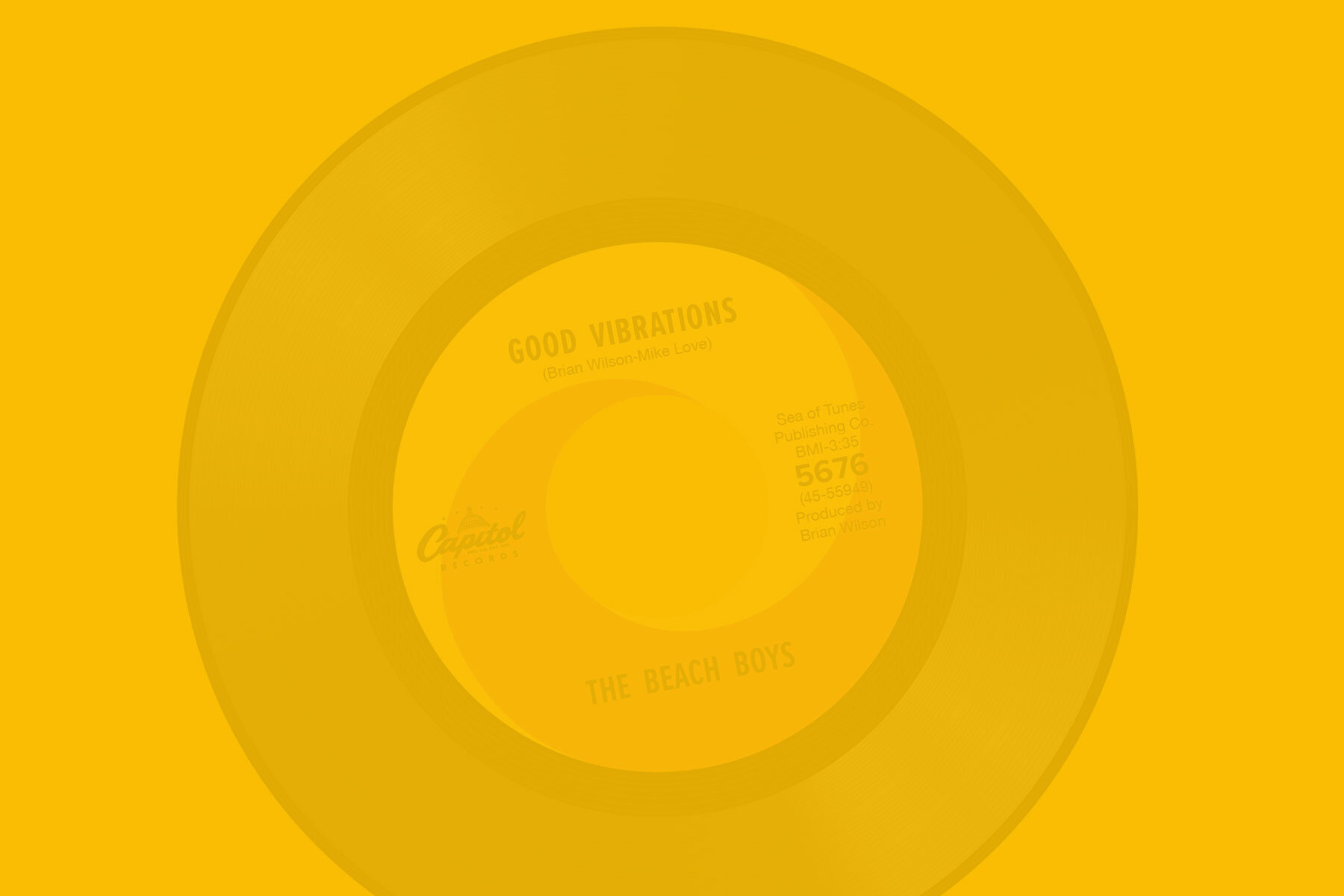
Good, Good, Good Vibrations!
“I had a lot of unfinished ideas, fragments of music I called 'feels.' Each feel represented a mood or an emotion I'd felt, and I planned to fit them together like a mosaic."
"Good Vibrations" was composed by Brian Wilson, with lyrics by Mike Love. Released as a single on October 10, 1966, it was an immediate critical and commercial hit, topping record charts in several countries including the US and UK. Characterized by its complex soundscapes, episodic structure and subversions of pop music formula, it was the costliest single ever recorded at the time of its release. "Good Vibrations" later became widely acclaimed as one of the finest and most important works of the rock era.
Accolades:
Grammy Hall of Fame: 1994
#1 in Mojo’s “Top 100 Records of All Time”
#6 in Rolling Stone’s “500 Greatest Songs of All Time”
Rock and Roll Hall of Fame’s “500 Songs that Shaped Rock and Roll”
BELOW: Click to view a slideshow from “Good Vibrations” recording sessions.
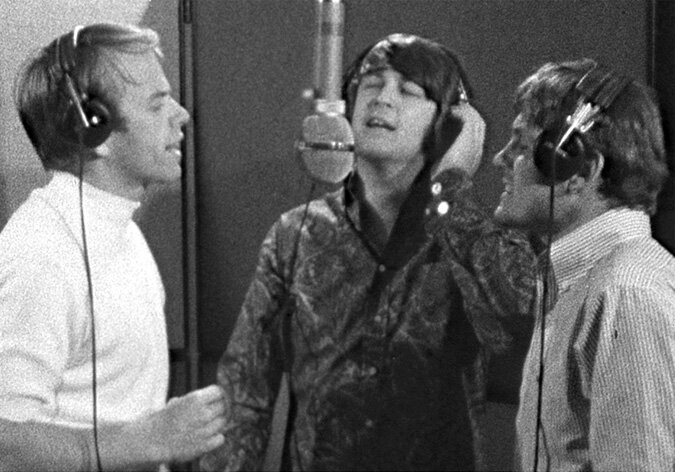
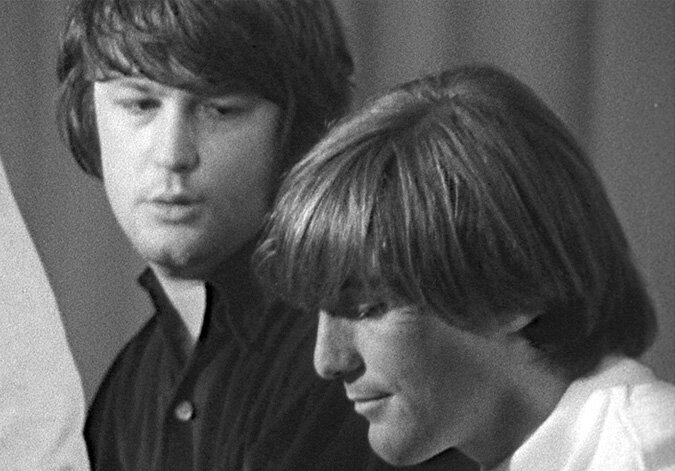
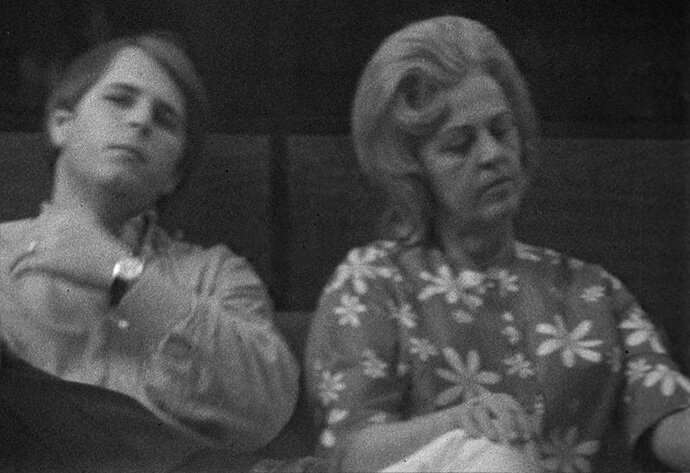
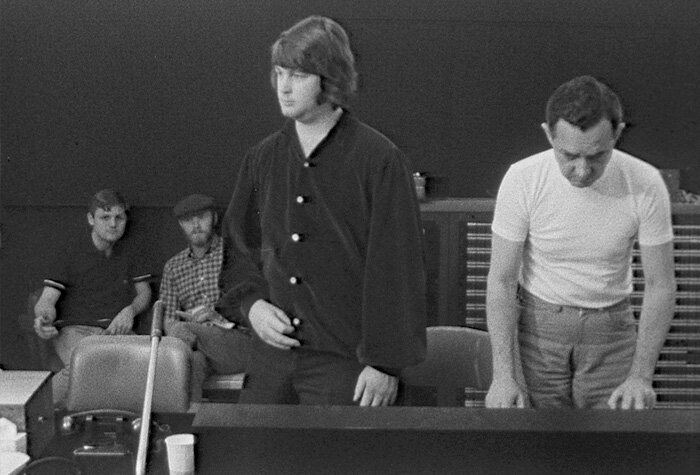

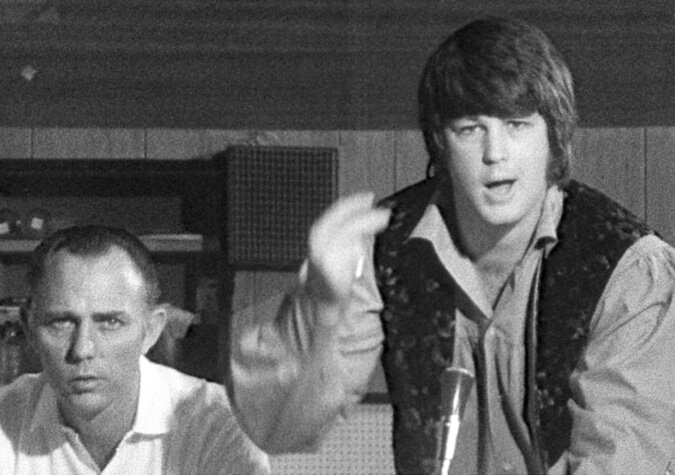

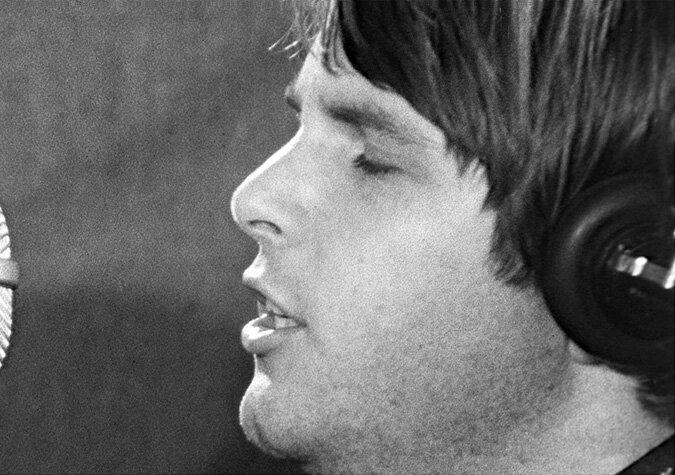
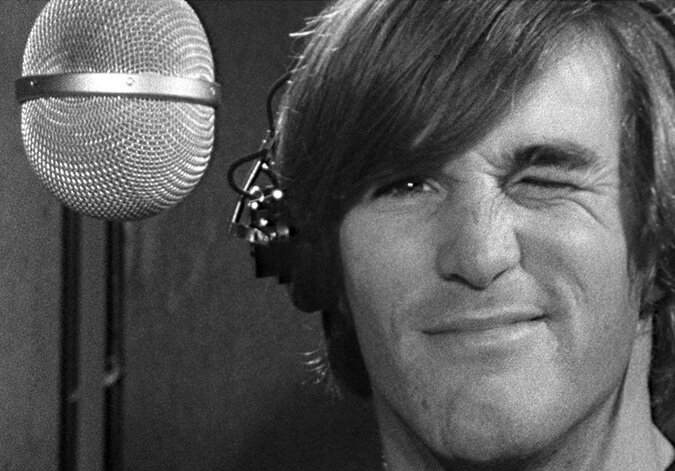
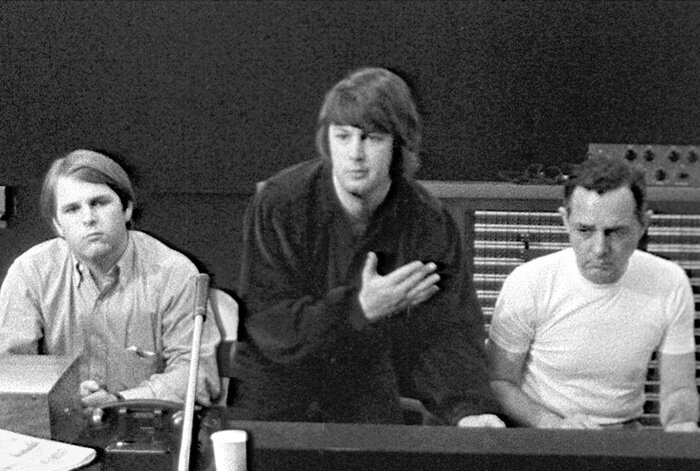



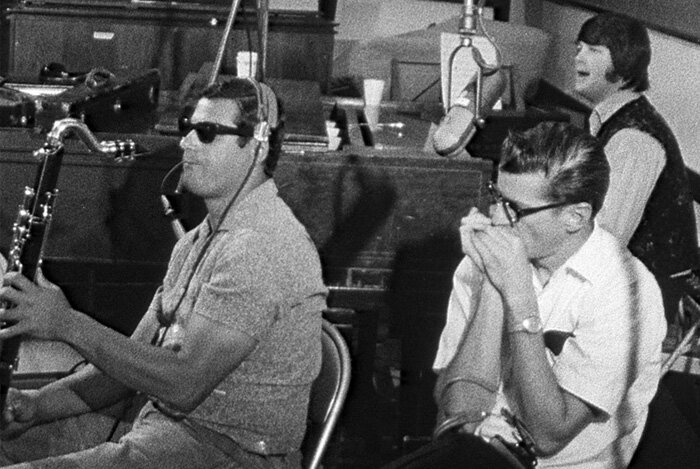
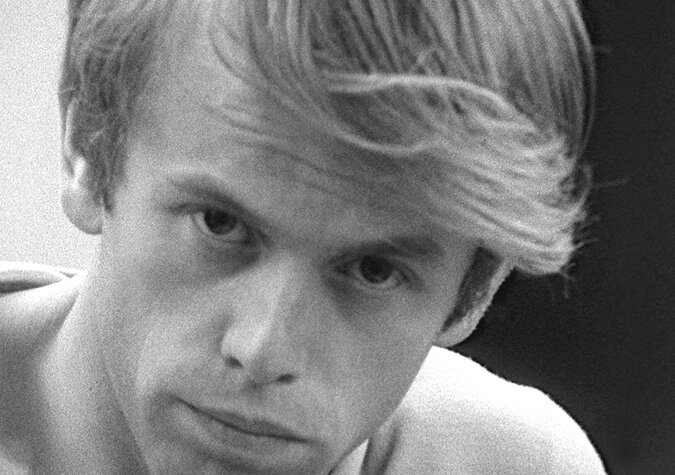
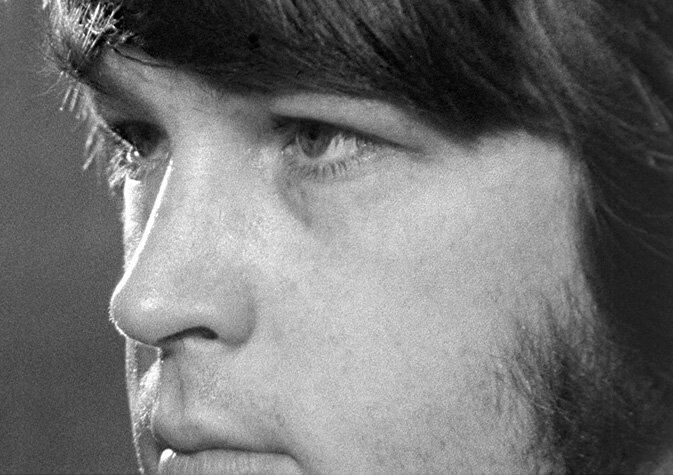
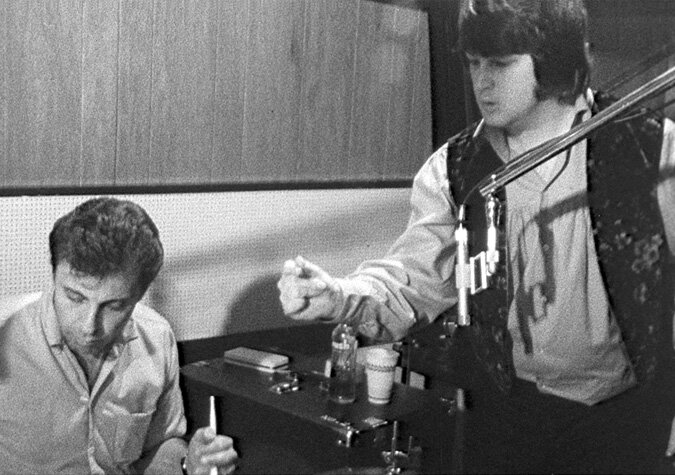




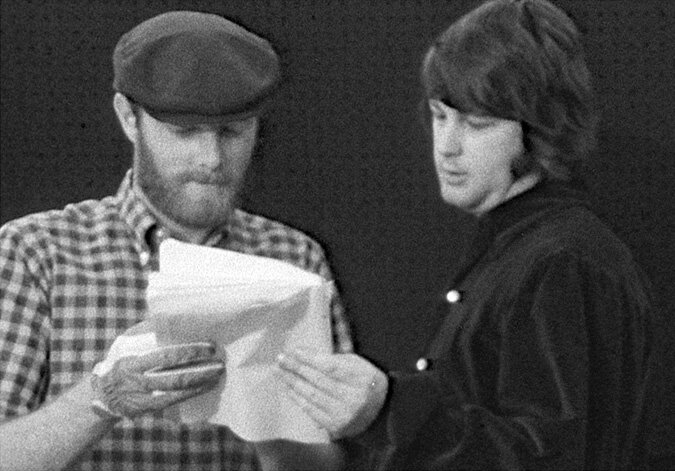
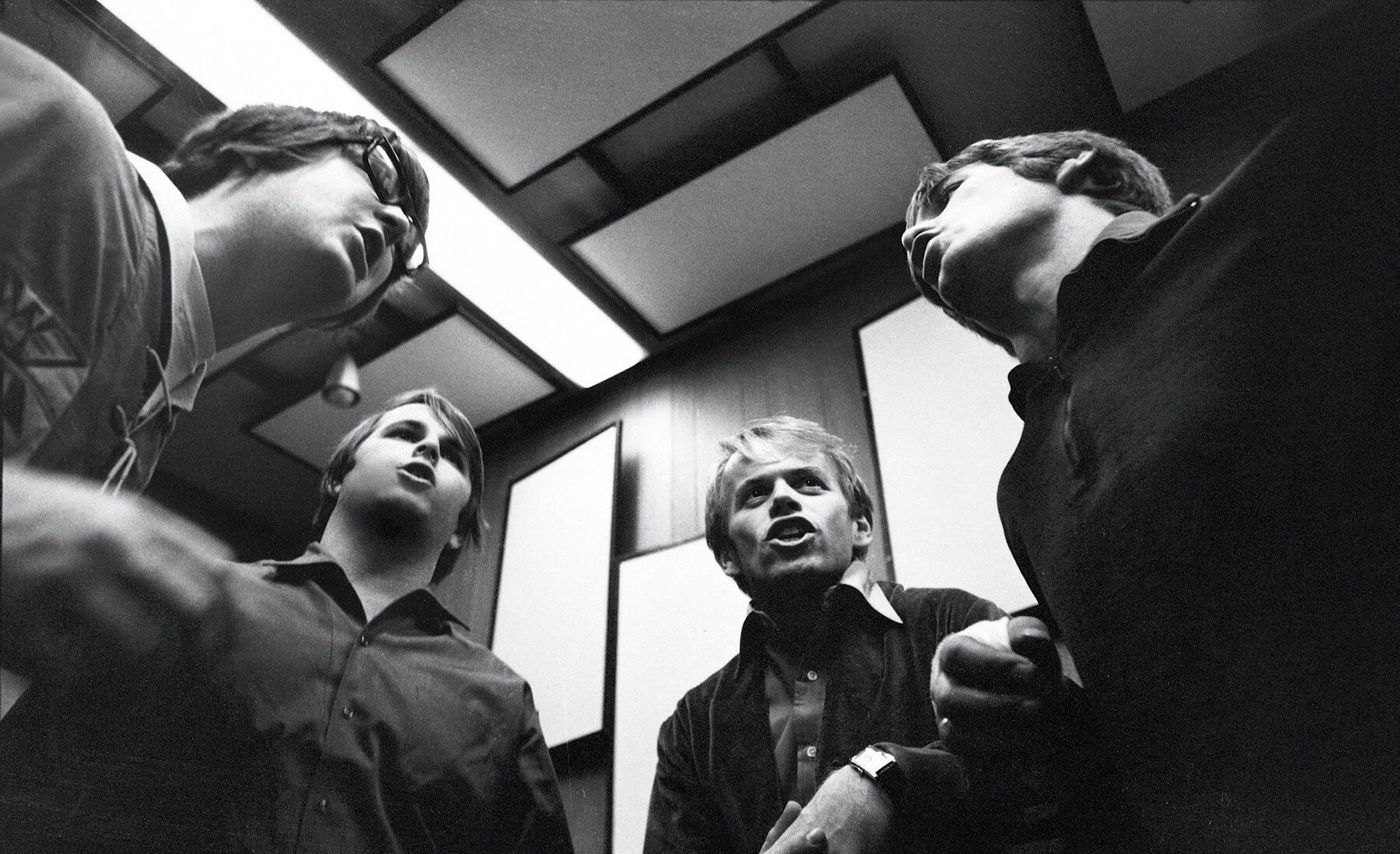
Brian Wilson on “Good Vibrations”
The genesis of “Good Vibrations” came from an experience Brian had as a child walking with his mother to the local market. Click below to hear Brian talk about the making of this enduring classic.












